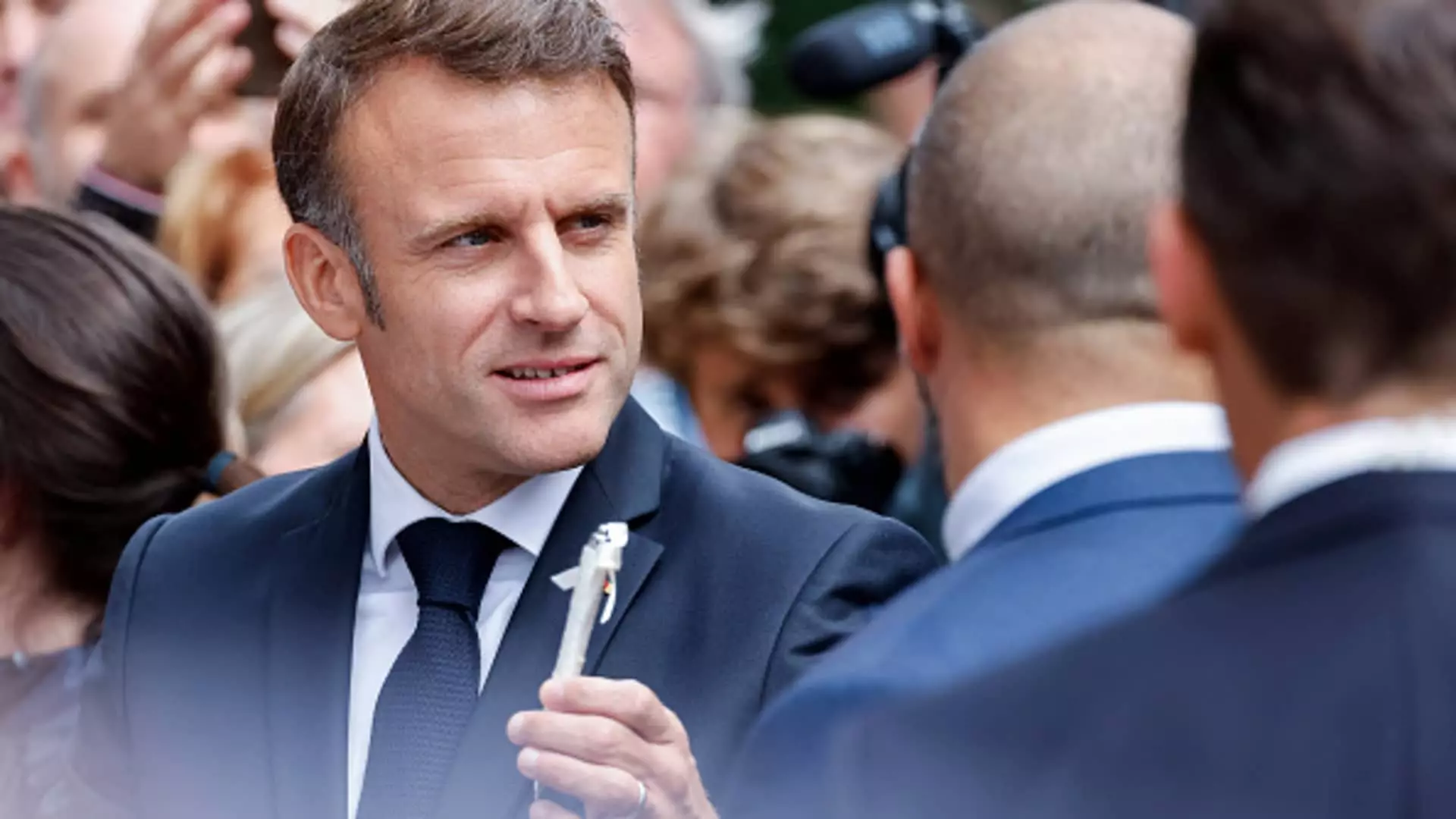French President Emmanuel Macron took a risky gamble by calling for a snap election, hoping to clarify support for his government. However, this decision did not pay off as expected, according to Armin Steinbach, a professor of EU Law and economics at HEC Paris. Despite Macron’s efforts, the left-wing New Popular Front coalition secured the largest number of seats in the parliament, leaving Macron’s centrist Ensemble bloc as the second-largest group.
Even though the far-right Rassemblement National did not come out on top in the election, Macron still faces challenges from both the left and right sides of the political spectrum. Tina Fordham, founder of Fordham Global Insight, warned that Macron will have to navigate through an unruly left and right in the parliament, making policy-making a challenging task for him.
The election outcome has not only weakened Macron on a national level but also on a global scale. Fordham suggested that maintaining his policy positions will become more difficult for Macron after the disappointing election results. HEC’s Steinbach also highlighted potential issues with policy-making, as the fragmented parliament may lead to gridlock in addressing crucial issues such as public finances.
Despite the far-right’s setback in the recent election, Steinbach cautioned against discounting them for the upcoming presidential election in 2027. This election served as a reminder that the political landscape in France is unpredictable and volatile, with no party holding an absolute majority in parliament. The challenges faced by Macron in this election may have long-lasting implications for his legacy and his ability to lead the country effectively.
With France facing significant debt and challenges in meeting EU regulations on budget deficits, the hung parliament resulting from the election could hinder effective policy-making. A parliament composed of equal parts left, right, and center poses a risk of gridlock in decision-making, which could further impact France’s economic stability and growth prospects.
Macron’s snap election decision did not yield the expected results and has instead created a complex political landscape for him to navigate. The challenges posed by a fragmented parliament and the growing influence of both the left and right wings will require strategic decision-making and strong leadership from Macron in the coming years. Only time will tell how Macron will address these challenges and whether he can overcome the obstacles to effectively govern France in the future.

Leave a Reply